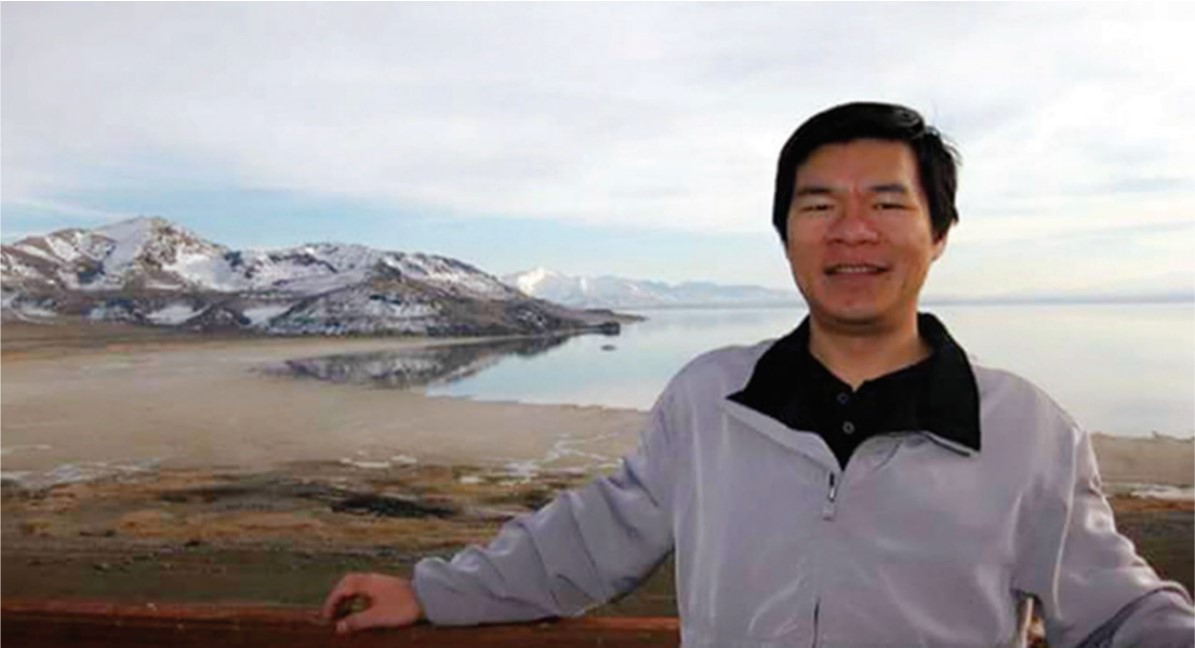-
November 15, 2017
WSU PacTrans PI Receives $2.5M NSF Grant

A Washington State University researcher and PacTrans PI has received a $2.5 million National Science Foundation grant to develop a statistical model that will help city managers make more informed sustainable water decisions. Xianming Shi, an associate professor in the Department of Civil and Environmental Engineering, will colead the four-year project in collaboration with Case Western Reserve University. The research team will develop an integrated model for decision support based on engineering, social, and economic factors. “Our society frequently faces the consequences of decisions made without considering their socioeconomic context or the interdependency of the critical water infrastructure systems and services,” said Shi.
The recent Flint, Michigan, water crisis is an example of these consequences, he said. Lead contaminated water caused a public health crisis and a federal state of emergency. The state decided to save money by switching Flint’s water source from Lake Huron to the Flint River, according to several media reports. The consequences of the switch and other actions were seen within a year. However, the consequences to decisions based on short-term cost considerations aren’t always immediately seen.
As part of the new grant, Shi will create a model that follows the migration pattern of deicers and their corrosive effects on iron pipes. Roadway deicers are chloride-based salts commonly used to prevent or undercut the formation of ice on roads. “Many of the deicers used don’t degrade in the environment, they just move from one place to another,” he said. “That can create a problem in the future. “Deicers creep in the quiet. They don’t create dramatic action,” he added.
Shi is associate director of the Center for Environmentally Sustainable Transportation in Cold Climates, a Tier 1 UTC here in the Pacific Northwest, where he is conducting leading research in the areas of cold regions materials and sustainability and studying environmentally friendly alternatives for ice and snow control. The long-term effect that deicers can have on our drinking water and water infrastructure is poorly understood, said Shi: “We could be fine now, but our grandkids could be drinking contaminated water because of our misinformed “decisions.” Professor Bill Yu from Case Western Reserve University of Ohio coleads the project. The NSF’s CRISP, or Critical Resilient Interdependent Infrastructure Systems and Processes program, is funding the grant.


